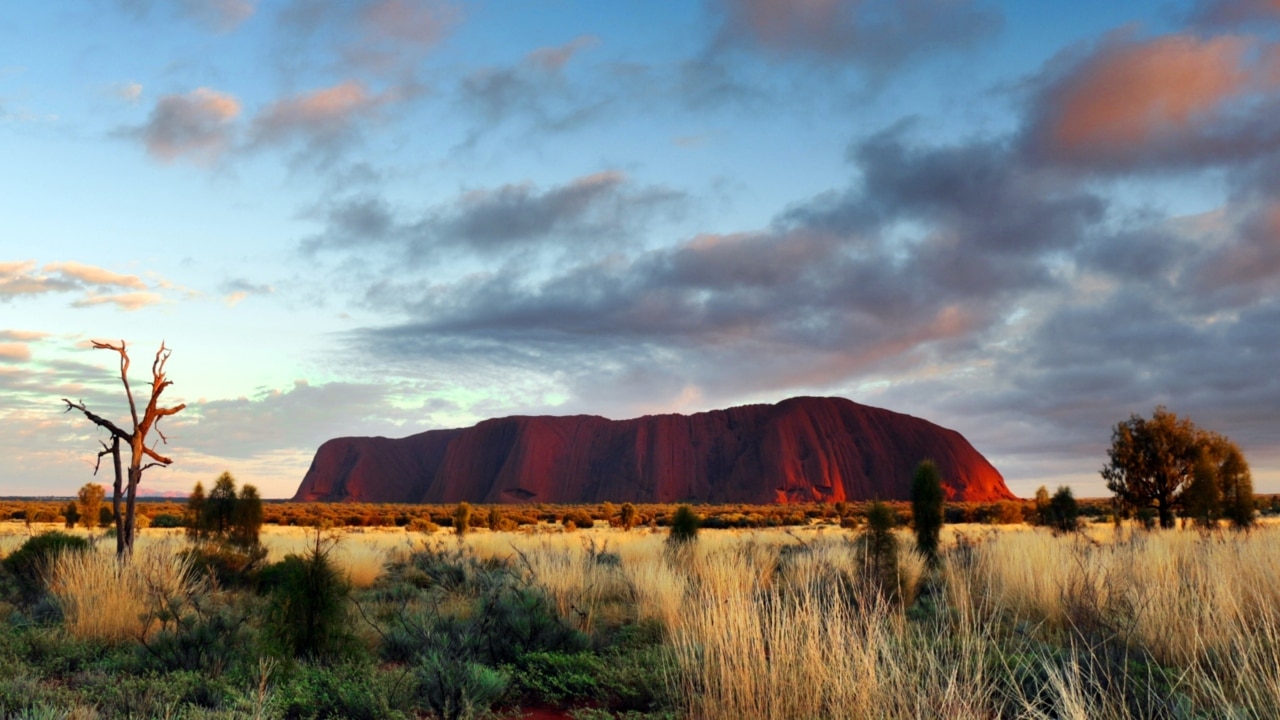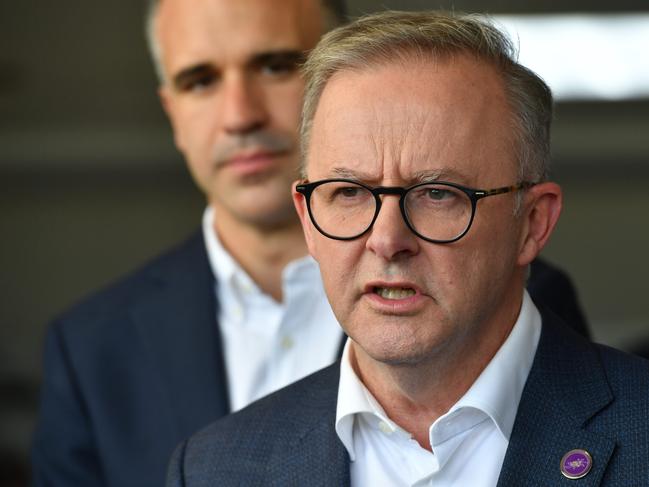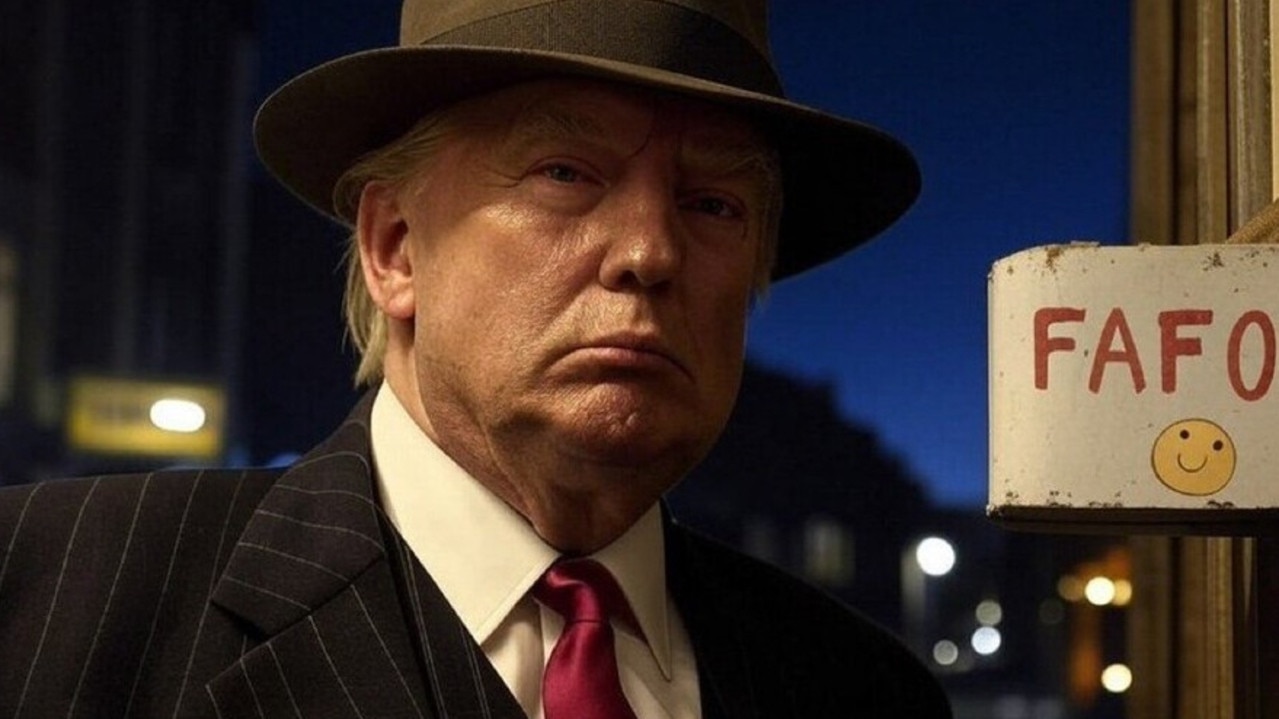James Campbell: History not on the side of an Indigenous Voice to Parliament
The chances of Anthony Albanese succeeding in persuading Australians to vote for an Indigenous Voice to Parliament are not good, writes James Campbell. Read why.

Opinion
Don't miss out on the headlines from Opinion. Followed categories will be added to My News.
Since 1906 Australians have been asked 44 times by their government if they are up for changing the constitution and in 36 of them they said no. To be fair, on another five occasions a majority of the population voted yes, but the proposal still failed because for a change to happen it needs to be passed by both a majority of the voters and a majority of the states.
But overall the record of constitutional change is a dismal one.
Looking at the full list of referendums on the AEC it is hard not to marvel at the sheer variety of subjects upon which Australians have said “not yet”.
Things we have rejected in the past 116 years include proposals to alter the constitution’s rules about trade, commerce, the control of corporations (twice); labour and employment, including wages and conditions (four times); monopolies (twice); railway disputes, trusts (twice); essential services, aviation, marketing, prices, incomes, the size of parliament, local government (twice); and parliamentary terms and even extensions to a right to a trial by jury.
We have also said no to a republic and John Howard’s attempt to insert a preamble into the constitution that mentioned immigrants, the environment and “Aborigines and Torres Strait Islanders”. Those proposals — the last time anyone tried to change the constitution — went down in 1999, as did the six previous proposed changes made by the Hawke government in 1984 and 1988.

The last prime minister to successfully amend the document was Malcolm Fraser in 1977, the year the Queen celebrated her Silver Jubilee, The Eagles released Hotel California, and The Love Boat was the hot new show on TV.
All of which is a long way of saying history suggests that even with the best will in the world, the chances of Anthony Albanese succeeding in persuading Australians to vote for an Indigenous Voice to Parliament are not great.
And, as I said, that’s with the best will in the world — which, let’s face it, has been pretty thin on the ground if you look around at Australian politics the past few years.
That is to say, even if this debate is conducted in a respectful fashion — a big ask — there will still be a lot of people, especially in the Liberal Party, and not just on its right, who have a really big problem with this on principle.
For the past few days I have been pondering why Anthony Albanese would want to burn political capital on an endeavour he must know he has little chance of achieving.
I can think of plenty of cynical reasons why he might want to.
The pleasure of watching the Liberal Party tear itself to bits over the question, for starters.
If the referendum was to get up in the face of concerted opposition from sections of a divided opposition it would be a sweet sight indeed for progressive Australia, right up there with the spectacle they made of themselves over same-sex marriage.
What better way to turn yet another generation of young voters off the major non-Labor parties?

And if the referendum fails because of this opposition? That’s no skin off Albo’s nose. He’ll get the credit for trying.
Never mind that a failure to pass a referendum on this would further poison politics and turbocharge the number of racist Australia pieces in the New York Times and on the BBC that progressive Australia purports to care so much about, the narrative will be “at least we tried”.
I put this to a cabinet minister yesterday but was reassured that this is not the case, that the Prime Minister is acting in good faith, though they were under no illusions about how hard it will be.
But why, I asked, not legislate a voice first as the last government wanted to do? If it works well the chance of getting Australians to vote to entrench it in the constitution will have improved massively. If it’s a fiasco, well, maybe it wasn’t a great idea to begin with.
Either way, I said, given history shows that when it comes to any sort of constitutional change Australians won’t touch a pig-in-a-poke, why not try a softly-softly approach?
The answer, it was explained to me, is because Labor’s position on this is now effectively in the hands of the Indigenous members of the caucus, and this is what they want.
Fair enough I suppose, it shouldn’t be a radical idea in 2022 to have Indigenous policy in the hands of Indigenous people.
And when you listen to the speeches some of the younger, more radical Indigenous political actors make on the 26th of January each year, it should be understood that in that world delivering an Indigenous Voice to Parliament is a very modest demand indeed.
But given the ignorance in the general community about this — which I can guarantee you is very great indeed, even among people who pride themselves on following politics closely — you can understand the fear it’s going to end badly. Especially if you look at history.



